“I figured those who fought could tell us things about that time, and that experience, that historians couldn’t,” says Richard Rubin (GRS’91) of the World War I veterans he interviewed for The Last of the Doughboys (Houghton Mifflin Harcourt, 2013), a book the author calls a “conversational history” of the “war to end all wars.” The epic four-year conflict gave the world trench warfare and poison mustard gas, killed 5 million soldiers, wounded nearly 13 million others, and left an estimated 6.6 million civilians dead across Europe. At the Battle of the Somme alone, 1.3 million men fell.
Yet World War I is a largely forgotten war—one most Americans today would be at a loss to explain—and the term “doughboys” to describe infantrymen has long been retired. “So I set out to get those stories while I still could,” says Rubin, a fiction writer and widely published journalist best known for his memoir about his years as a newspaper reporter in the rural Mississippi Delta, Confederacy of Silence: A True Tale of the New Old South (Atria Books, 2002).
Researching Doughboys was a race against time. Rubin first had to find the veterans, all centenarians, then hope that their memories were mostly intact. There were no handy US databases—government, VFW, or otherwise—of the survivors. In fact, he found his first American veteran with the help of the government of France. “Eventually, I became pretty good at finding them on my own, too,” he says of the detective work involving “untold thousands of hours spent on the phone” or online, with most leads fizzling at a cemetery plot. But several dozen panned out. “I knew I was doing well,” he says, “when a few years after I started, someone at the Department of Veterans Affairs came to me for help in finding living American World War I veterans.”
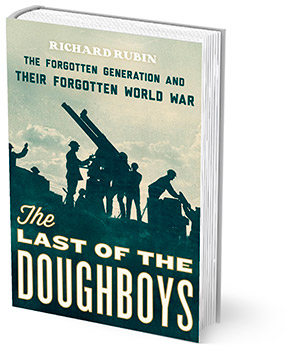
When Rubin got to one veteran of what they used to call a “colored labor battalion” after being assured by his niece two weeks earlier that he was in good health, the man was unconscious in the hospital. He died the next morning. He was 109. Rubin fared better with the other veterans whose stories are told in Doughboys, subtitled The Forgotten Generation and Their Forgotten World War. One 104-year-old in Wisconsin, hooked up to oxygen, spoke to him for hours from his nursing home bed. “I was always a little nervous before every interview,” he says. “It was no small thing to talk with a 107-year-old man or woman about things they saw and did 85 or 90 years ago.” Rubin, who refers to himself as “a sucker for things overlooked and underappreciated,” wrote the book because it was one he wanted to read. When it became apparent that no one else was going to write it, he says, “I did it myself.”
All the men and women he interviewed are gone now, but the book bears witness to a pivotal chapter in history. World War I “did nothing less than shape American national identity,” says the 46-year-old Rubin. He recalls his mother pointing out the VA hospital in the Bronx when he was seven or eight and telling him it still housed WWI veterans, several who had never recovered from being gassed at the front. “Just about everything you can think of, from civil rights and gender equality to agricultural policy, has roots in the First World War.”
Many Americans don’t even know which of their forbears fought in the war. One of the likely reasons—in addition to the conflict being overshadowed by World War II—is that those who lived through it were reluctant to speak about it, Rubin says. Nearly all of the veterans he interviewed were “really stoic about their experiences at the front,” he says. “I think that over the decades they didn’t talk about it much, not because they were terribly traumatized, though some were, but because that just wasn’t what you did back then. It wasn’t how a man conducted himself.”
In his introduction, Rubin says he doubts that a complete history of World War I has ever been written, or ever will be. This book is less a history than the story of America’s experience of the war, and about “how much of that we can still find and see and hear and touch. Because it really is everywhere,” he says, “even now that the last of the doughboys have left us.”


































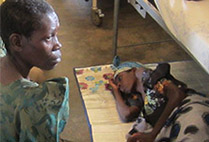











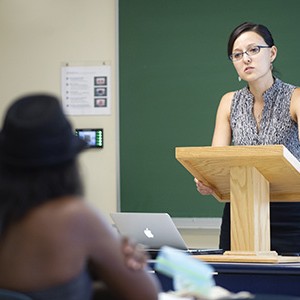
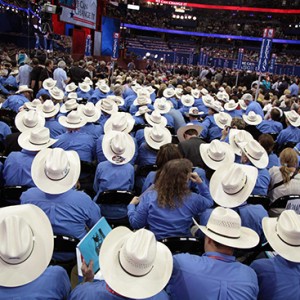
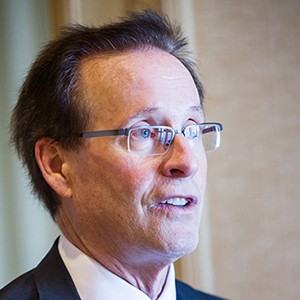
I had no idea that no one had written such a book. I’d very much like to read it. One of my uncles served in WWI. I really don’t know much about what he experienced or where he served. Perhaps this would open my eyes.
THE BOOK IS HISTORY WORTHY.
THE ATTENTION GETTING WORDS, “THE FORGOTTEN GENERATION , THE FORGOTTEN WAR” COULD BE IMPROVED UPON.
FORGOTTEN BY WHOM? CERTAINLY NOT BY ME A KOREAN WAR VETERAN AND NOR BY WORLD WAR TWO VETERANS WHO LEARNED THE TRAGIC MISTAKES – TRENCH WARFARE FOR ONE – NOT TO REPEATED.
THE DEMPHASIS IN USA SCHOOLS OF US HISTORY AND GEOGRAPHY IS A VALID CRITICISM.
THE SECOND MOST IMPORTANT US WAR, THE WAR OF 1812, IS TRULY THE FOGOTTEN WAR; IT IS SOMETIMES NOT INCLUDED IN USA HISTORY BOOKS.
GEORGE OLSON
CBA – 1957
MBA – 1959
Richard,
Thank you for undertaking this project. It is part of our history that should not and cannot be forgotten.